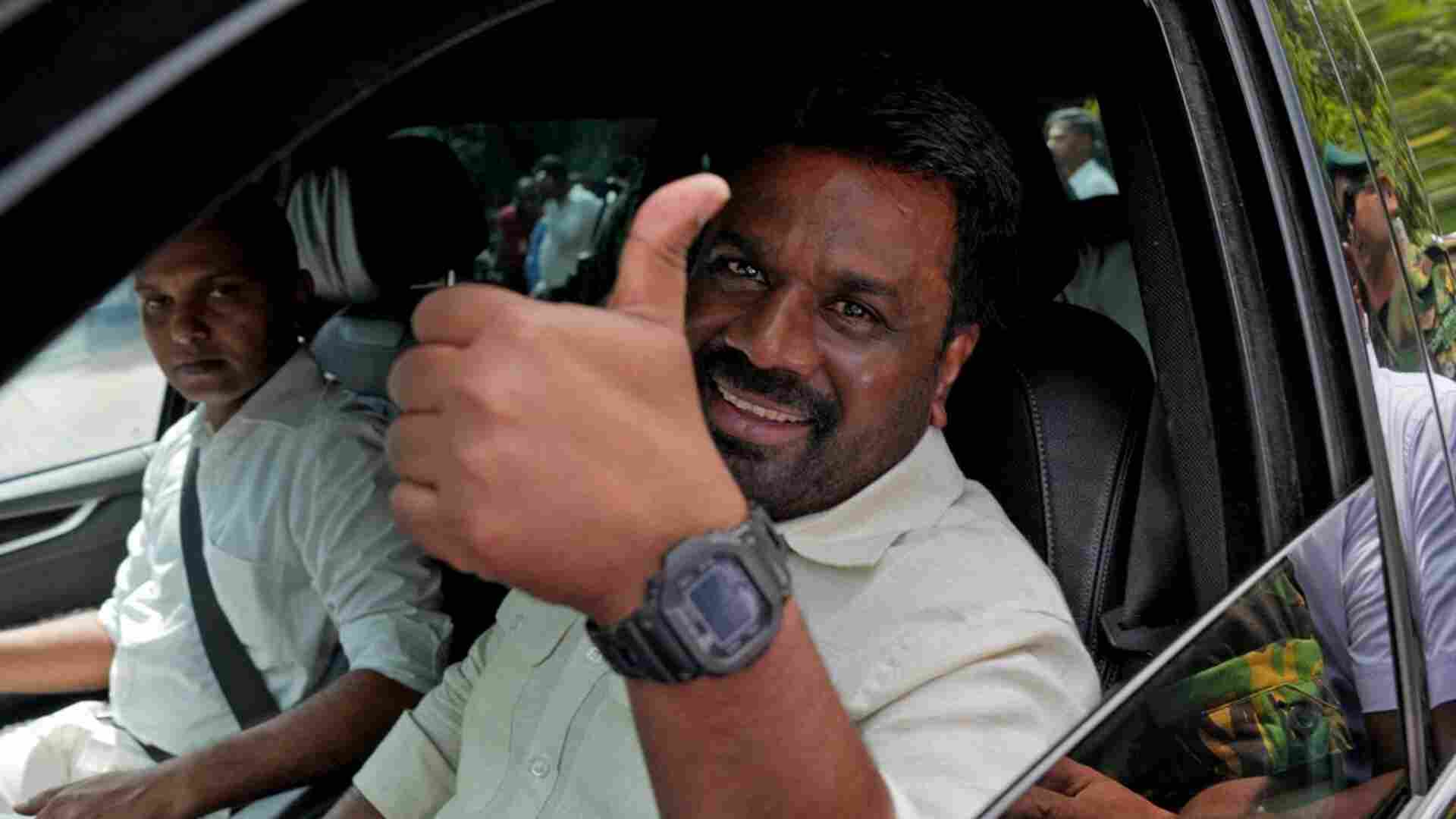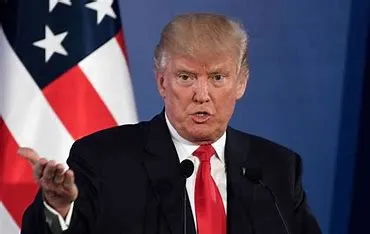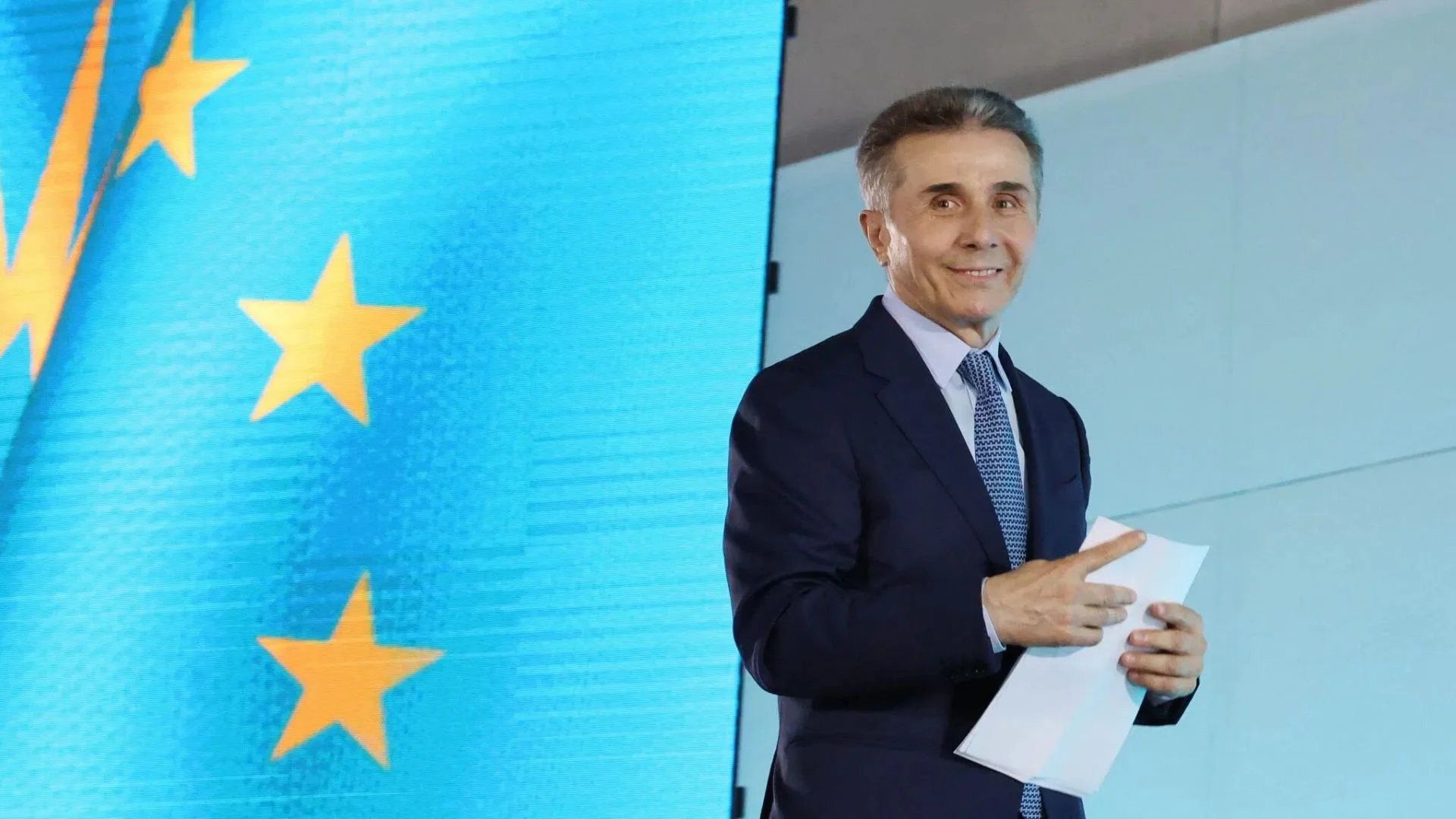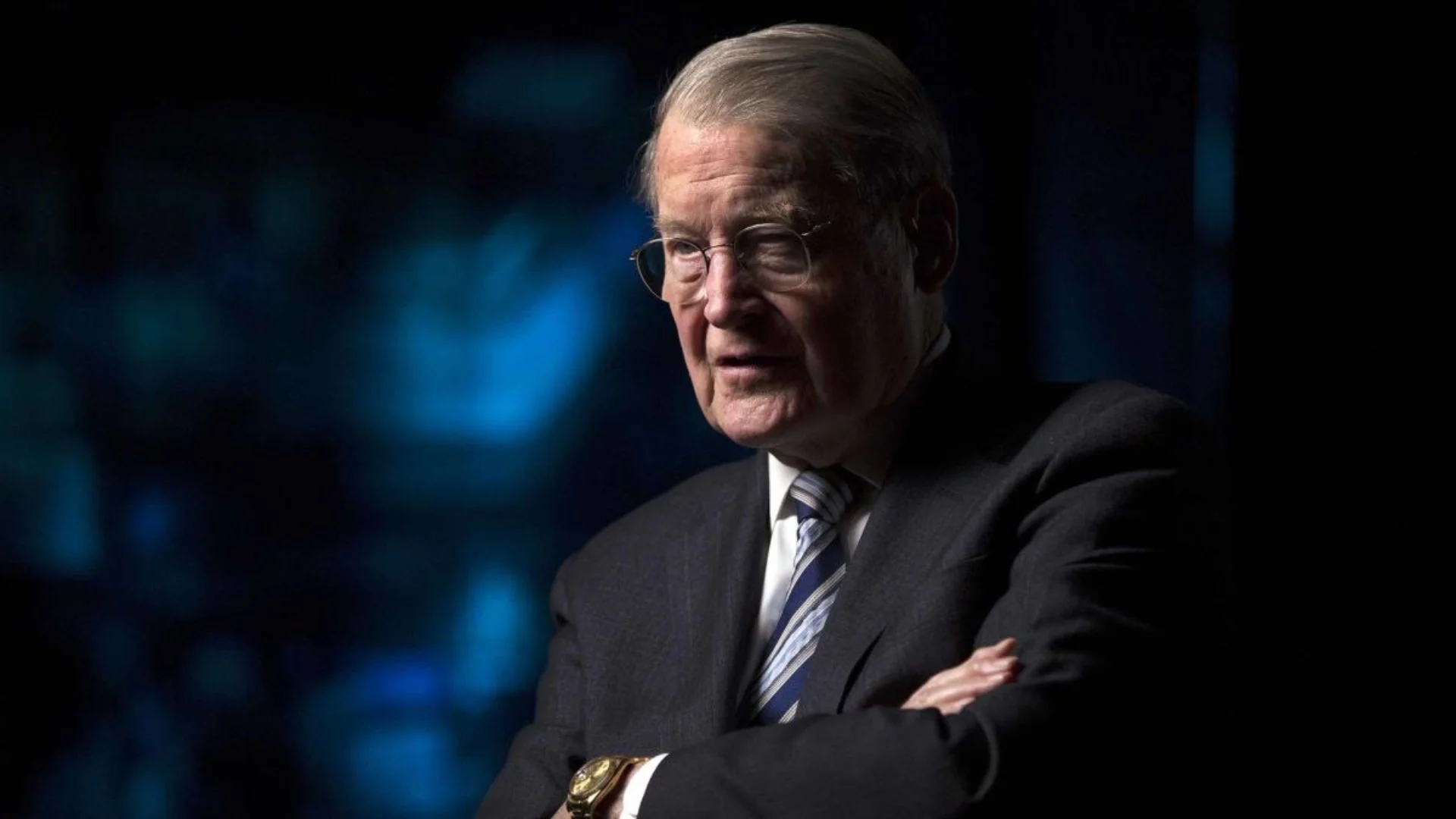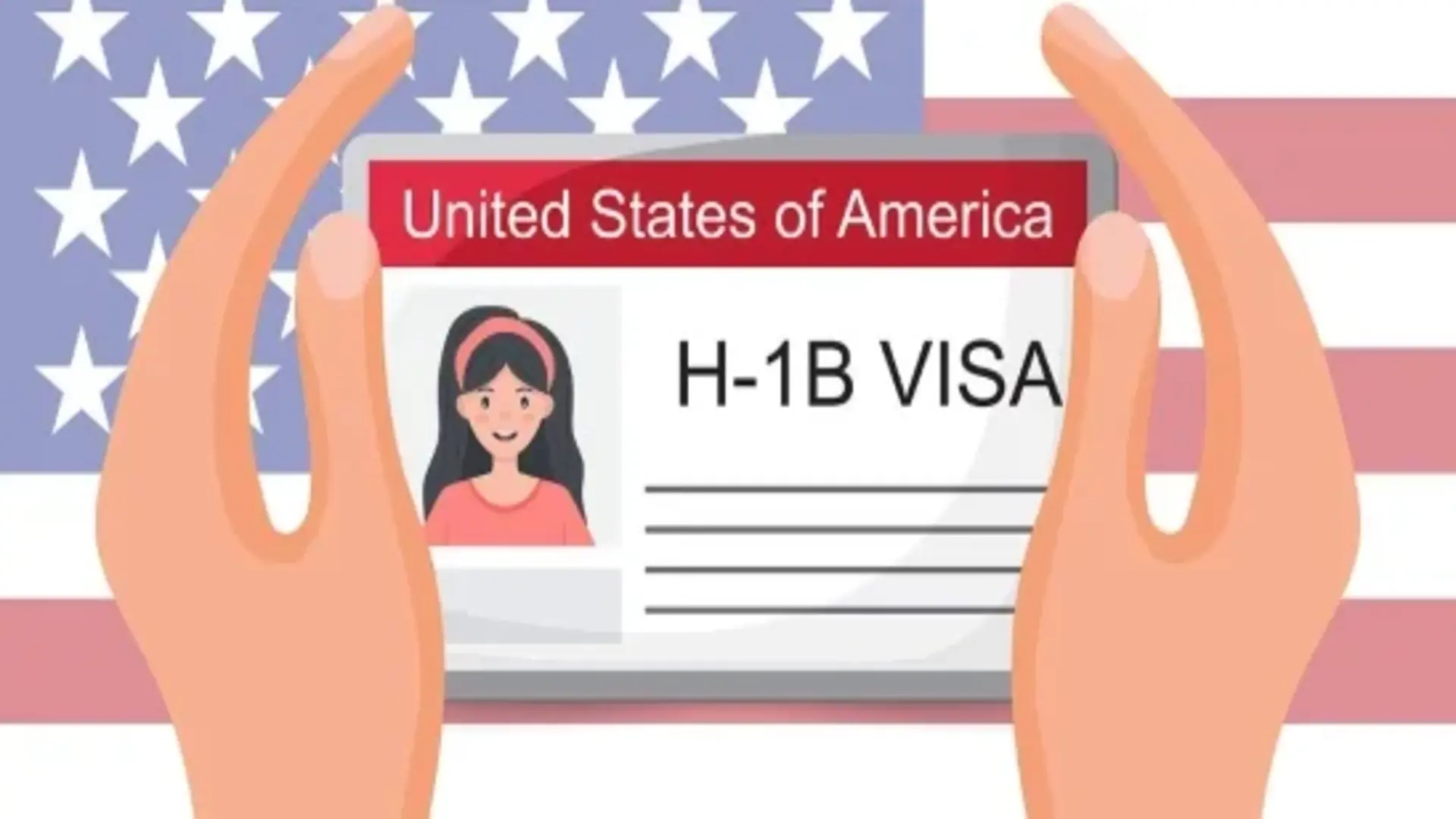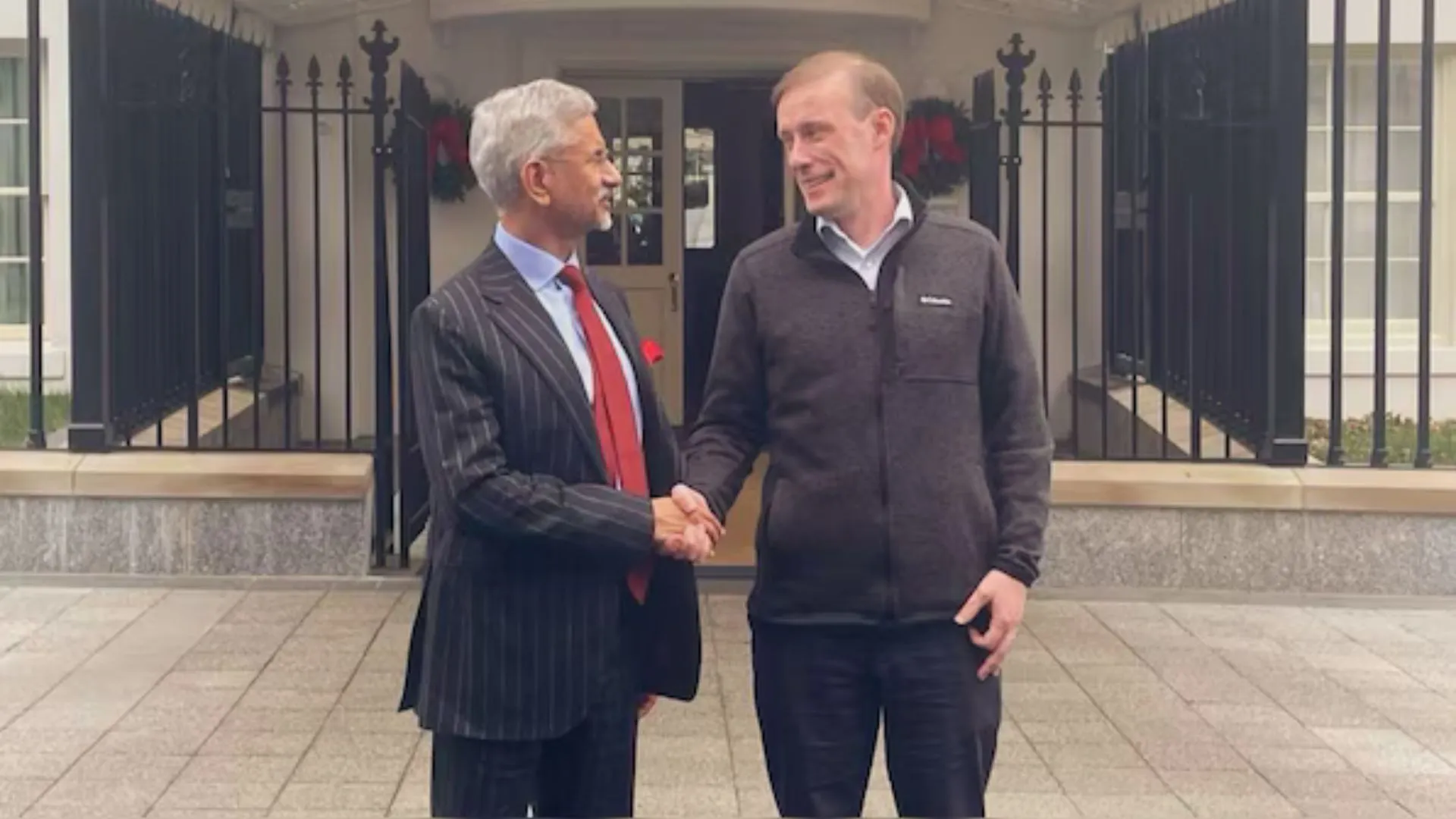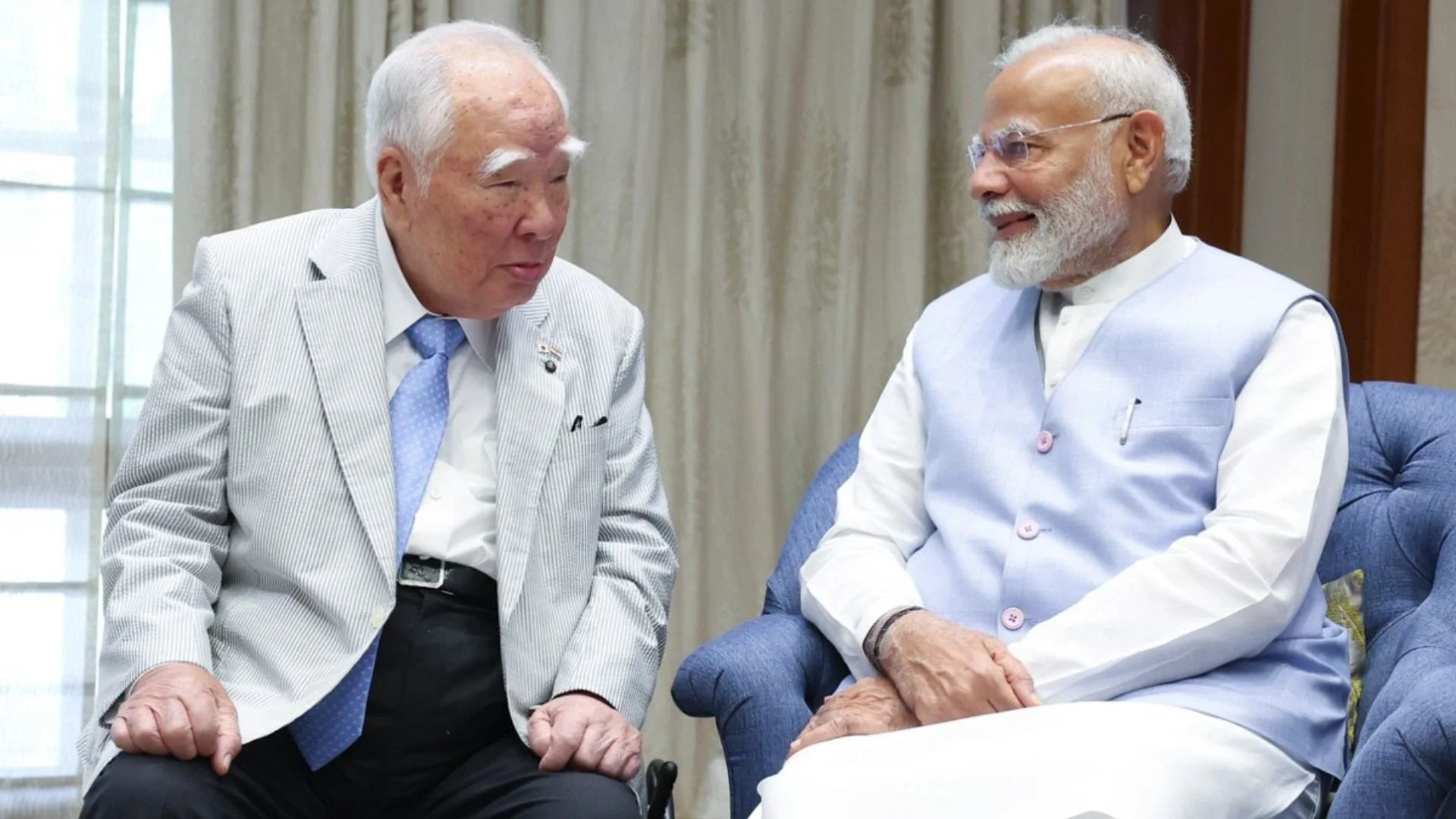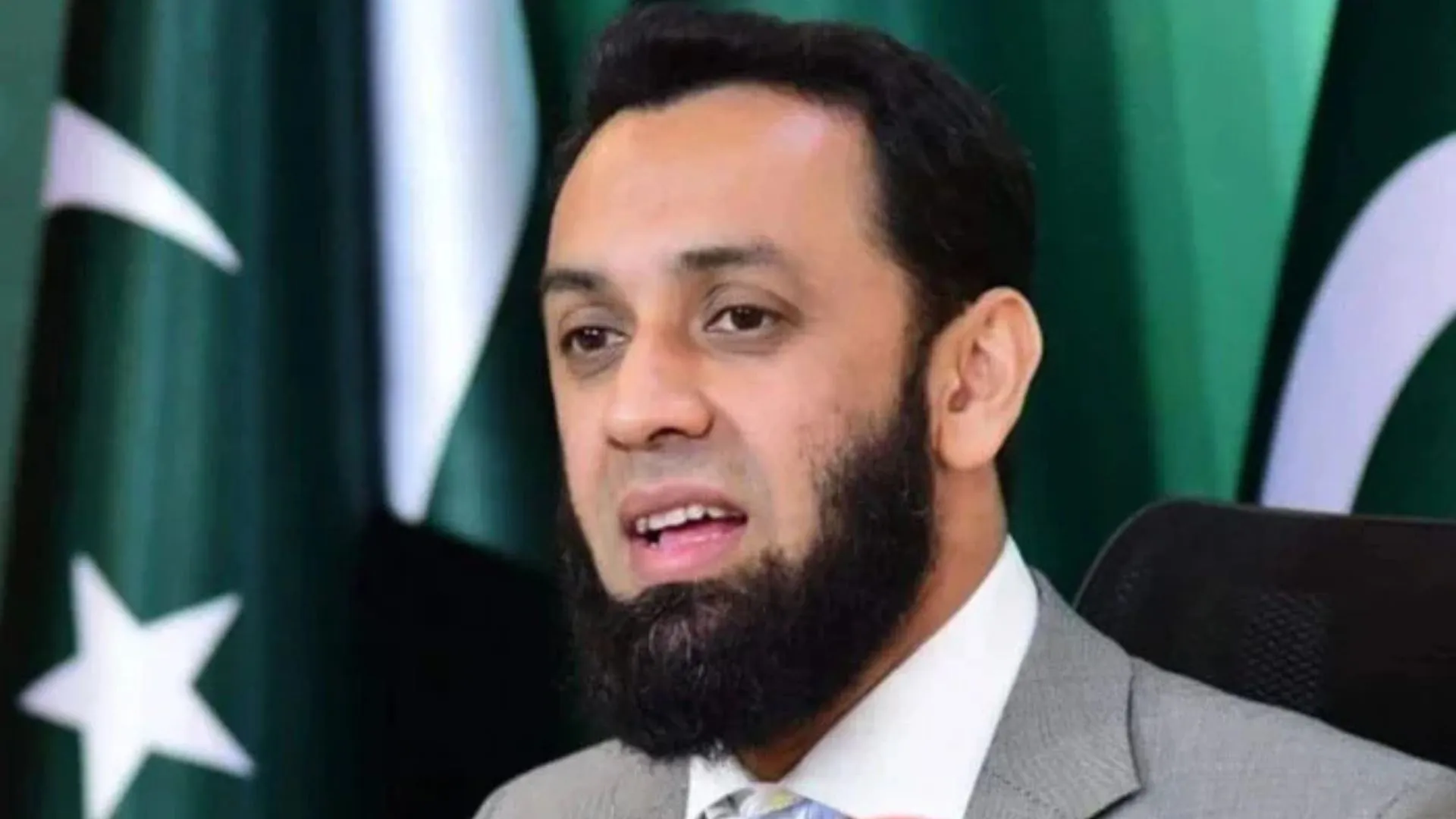Sri Lankan President Anura Kumara Dissanayake’s party, the National People’s Power (NPP), has achieved a resounding victory in the country’s parliamentary elections, winning 141 out of 196 seats contested, according to the Election Commission. This majority positions the NPP to potentially secure a two-thirds majority in the 225-member parliament, with the remaining seats to be allocated based on the total vote share.
The NPP’s triumph follows Dissanayake’s decisive victory in the September presidential elections, where he won by a margin of 1.2 million votes. This election outcome marks a significant political shift, as it signals the decline of the Rajapaksa dynasty, whose party, the SLPP, has been reduced to just two seats.
Dissanayake campaigned on an anti-corruption platform, criticizing unequal benefits from Sri Lanka’s economic recovery program. His rise has been attributed to public dissatisfaction with previous President Ranil Wickremesinghe, who was seen as being too close to the unpopular Rajapaksas. Additionally, unpopular tax hikes linked to the IMF bailout further eroded support for Wickremesinghe and bolstered NPP’s momentum.
The NPP’s surge in popularity is underscored by its growth from holding just three seats in the outgoing parliament to its current dominant position. This dramatic shift reflects public frustration over the financial crisis two years ago, which saw widespread protests against the Rajapaksas.
Despite signs of economic stabilization, challenges remain. Critics argue that the benefits of recovery have not reached ordinary citizens, with 25% of the population still living below the poverty line. The new government faces significant pressure to address these economic disparities and fulfill its promises of equitable development.

